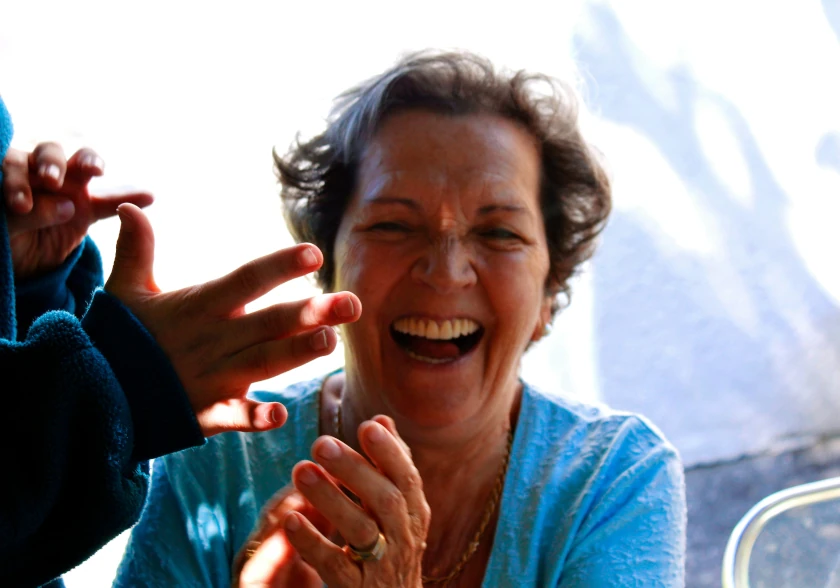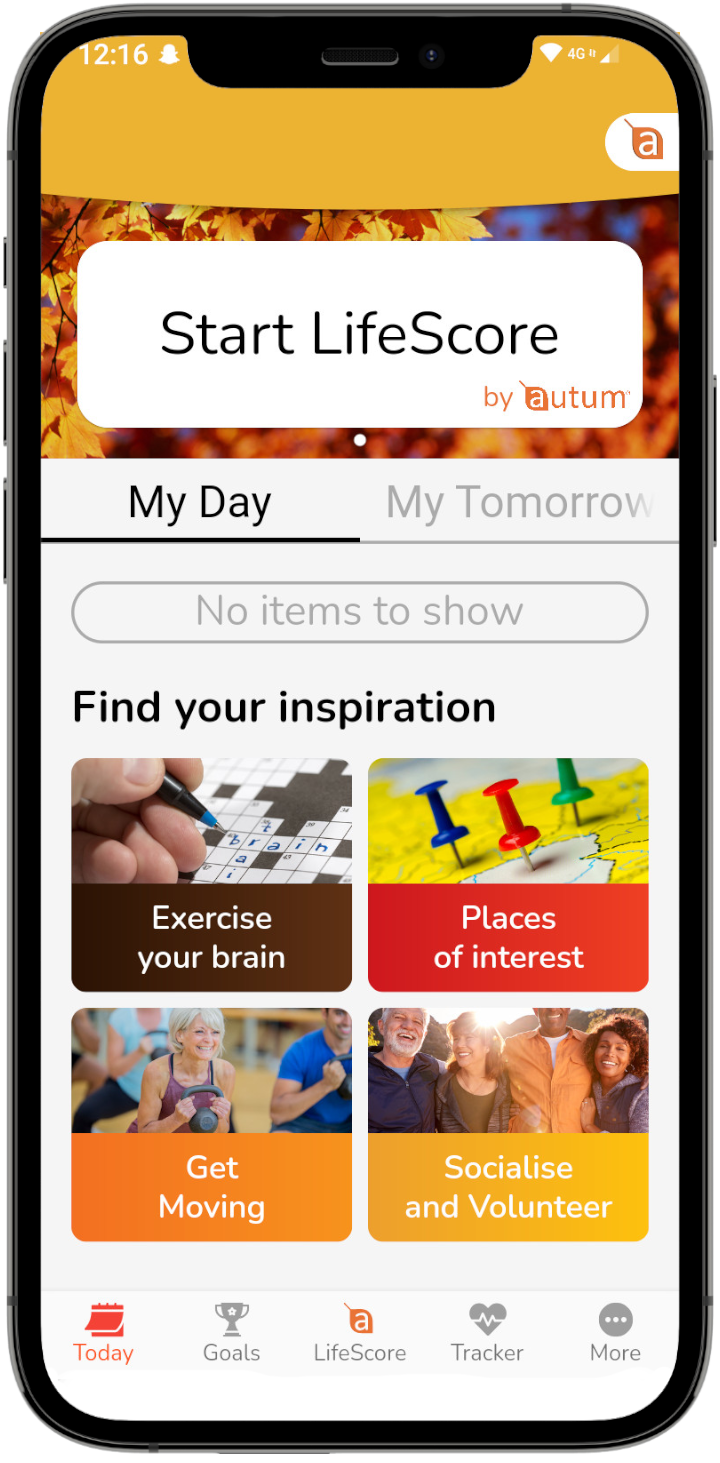The period from age 55 to 65 is the golden decade. It’s the gateway between the second and third stages of life when we step back from work and the kids leave home, although both are often delayed. What’s critical about this decade is that it will shape how we live our next 30-plus years and determine when our fourth and final age of frailty and dependency will begin.
ONS data for 2018 to 2020 shows that life expectancy for males and females is 79 and 83, yet healthy life expectancy is just 63 and 64, respectively. That means, on average, men and women spend 16 and 19 years, respectively, in poor health. The emotional and financial impact on you, your family and the NHS is huge. Yet this doesn’t need to be the case.
The golden decade is the time we should age into health. It’s when we regain control of our lives and reset our habits to maximise our opportunity to live healthier for longer. The famous Chinese proverb, “The best time to plant a tree was 20 years ago. The second-best time is now”, couldn’t be more appropriate. The habits we forge in the golden decade will shape our health over the next 30-plus years.
From our 30s, we start losing muscle mass and mental acuity, and this loss accelerates as we hit our 60s and then again in our 70s. This is our slow decline, but with the right actions, we can slow it down and reverse it.
This post is based on known health information and my own experiences. I stepped back from full-time work at age 59 and reset my objectives. I set up autum, my passion project, to extend healthy life for all and have balanced this work with a far more active lifestyle, so four years later I’m fitter, stronger, happier, and more in control of my life than ever. Read on…
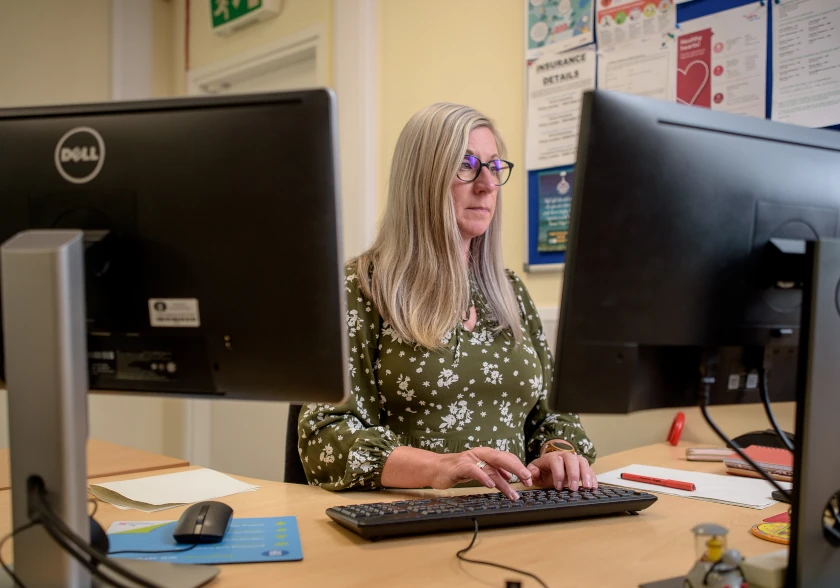
The Work/Life Balance Conundrum
During our golden decade, we might step back from the full-time work that tethered us for 40-plus years. Work had invariably been prioritised over exercise, hobbies, and social engagements. This work affected our nutrition, drinking, sleep, and stress. And where there had been a trade-off with family, too often work won. These four decades-plus of work will have taken a toll on our bodies.
The step into retirement, even if not full-time, is the opportunity to reset and take back control of our lives. The greater the imbalances during our working life, the more important the reset is. Whilst exercise, nutrition, sleep, mindfulness, family, and friends are all important, the priorities should be the well-being actions that were most neglected in our working life. Of course, all new sustainable habits must start small and grow.
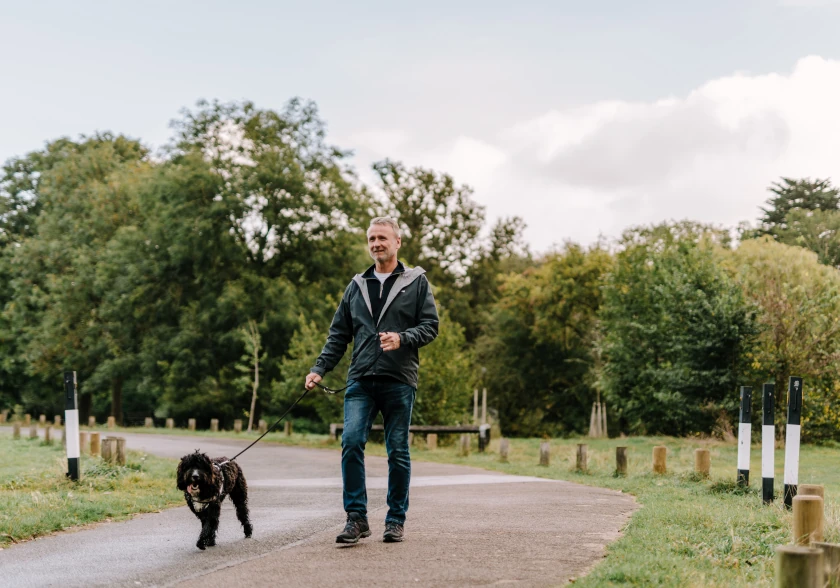
The golden decade and health
A key measure of how our body is ageing is our biological age. Whilst there are many ways to measure biological age, including telomere length and DNA methylations, at autum we use lifestyle. Much of our lifestyle is modifiable, and this measure can determine the best personal pathway to slow and even reverse our biological clock.
Exercise is the single most effective longevity medicine. Exercise is mental and physical; the latter includes resistance, aerobic, and balance training. At this life stage, the most important consideration is to build muscle mass, to compensate for its loss as we age.
Maintaining a strong core supports a healthy metabolism and protects against falls later in life. Nutrition is more than calories; as we age, we need more protein, especially at the start of the day. Whole foods are so much better than processed foods. We also need a minimum twelve-hour fasting window from our evening meal to breakfast, as this has significant regenerative benefits. In addition, sleep should be increased to 8 hours, and we should incorporate some form of mindfulness, such as yoga or meditation, to help destress and learn to enjoy the moment and be grateful for what we’ve got.
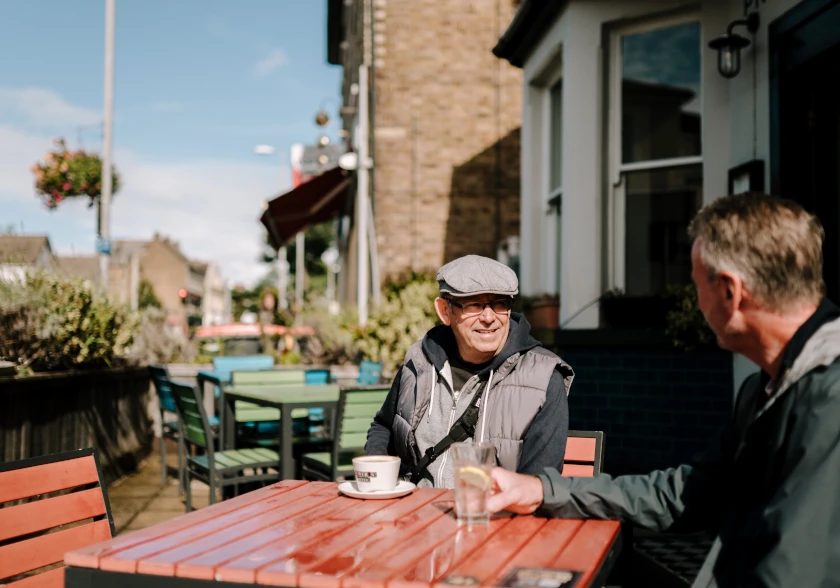
Family, Friends and Community
During the golden decade, many parents will become grandparents – a huge life reset. With it comes great joy and also additional responsibilities and time commitments. Grandparents are relied upon to provide childminding support as, in many couples, both parents must work. This alone is a massive incentive to stay physically and mentally well.
As part of our reset, good friends, especially those we can laugh with who embrace the positive changes we seek, can make our reset more fun and achievable.
In addition, we will get more from life when we give back, whether by volunteering or helping neighbours or our local community.
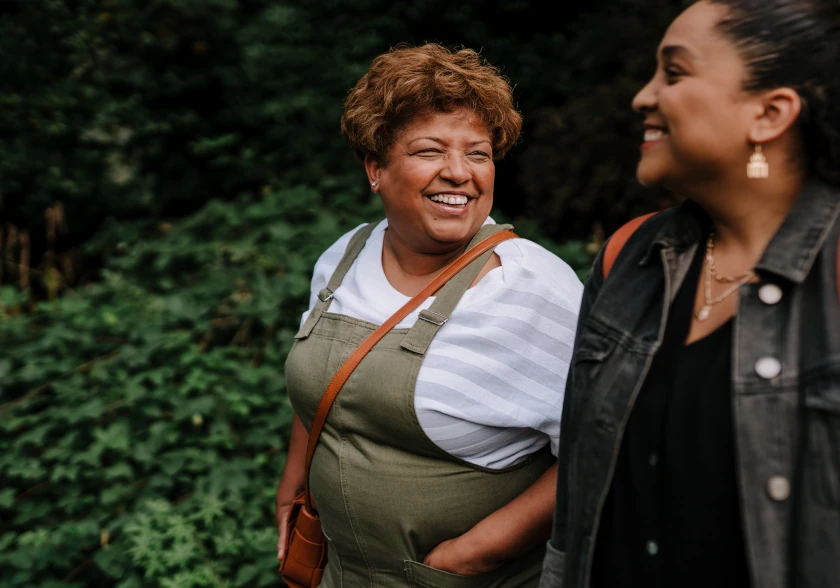
Renew your sense of purpose
The Japanese refer to this as Ikigai, which means reason to live. Victor Frankl called it our unique reason for being that gets us up in the mornings, injects passion into our actions, and helps us overcome life’s obstacles. Frankl quoted Nietzsche’s Twilight of the Idols (1888), “He who has a why to live can bear with almost any how”.
Our golden decade allows us to explore and discover what truly matters to live a fulfilled life. It provides the space to rediscover the passion we can lose ourselves in, whether it’s a hobby, family, or community.
In summary, our golden decade will be our most important ten years for reversing the shortcomings of the previous 40. It is our time to age into health and shape how we spend the next 30-plus years.
Health encompasses exercise, nutrition, sleep, mindfulness, family, and friends. All of these contribute to our well-being, but we also need a sense of purpose and the awareness that they need to be fed and nurtured. If we get this right, we can expect to live longer, healthier, and happier. For me, at 64, I’m just starting to live. Join me on this exciting journey.
To help us make Britain one million biological years younger take our autum Lifescore calculator to determine your biological age and use our autum App on Android or IOS to help improve your biological age today!

A passionate entrepreneur who has spent years calculating life risks and has set up two successful innovative businesses. He believes with the right motivation and support we can extend healthy life. This is now his calling and has found a great team to make it happen.

